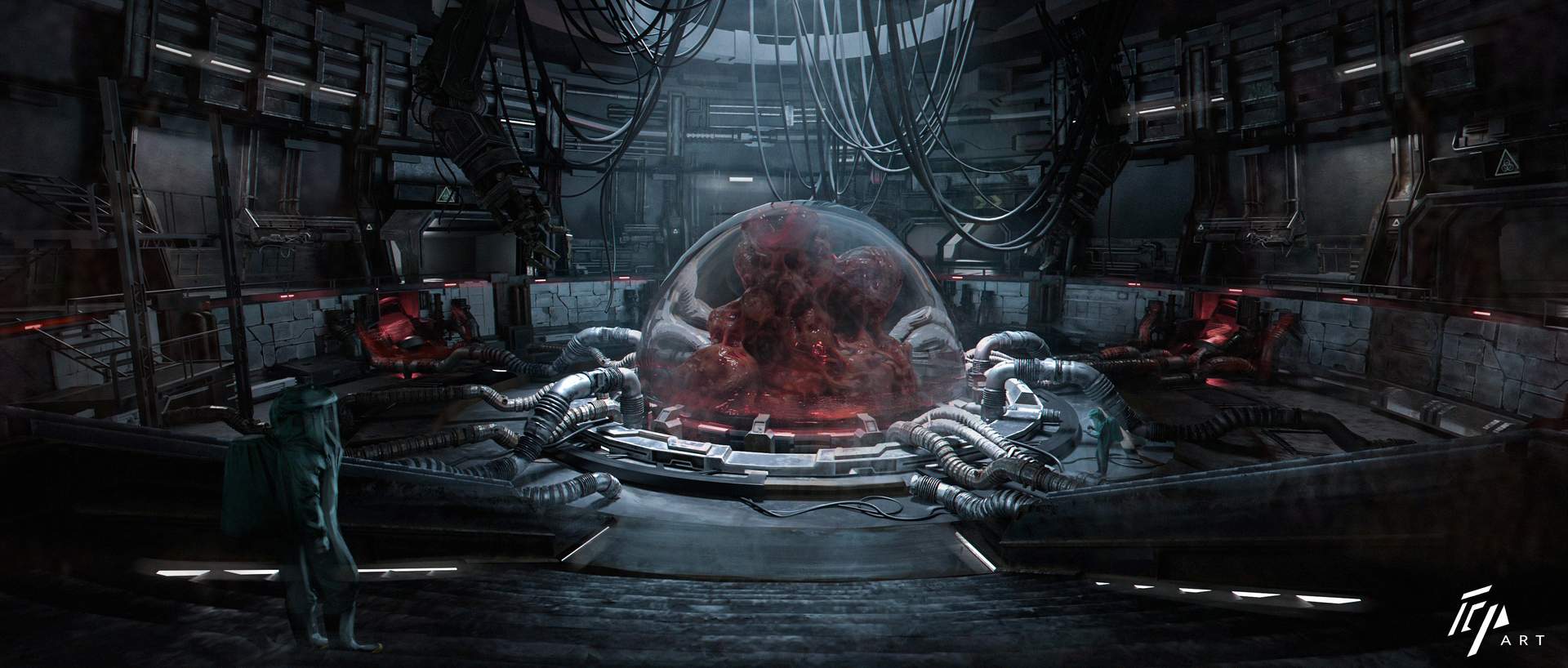Reflections on the peer review written to me by Chang Yu

First of all, I would like to thank Chang Yu for the examples of bio-art she has collected for me.
I just borrowed the imagery of organ modification to say “can we accept the alienation that comes with upgrading the human body”, “will human life change if we become more biologically powerful? “It’s a very macroscopic thought, and I didn’t want to express a sufficiently concrete idea, so Chang Yu may have misunderstood that part of my expression.
My mother is not an art student, she’s an accountant, and she doesn’t speak English, so she couldn’t understand the introduction to my exhibition. When I showed her some of the artworks in my exhibition, I asked her if she felt anything. My mother said that she felt a kind of strangeness, for example, when she saw the modified organs, the heart or the lungs; in fact, this “strangeness” is a kind of alienation, when we are confronted with the unknown, we feel “strangeness” and fear and all kinds of emotions. and fear and all kinds of emotions. Very few of us have actually seen human organs in person, but when a model of a modified organ (an imaginary modification) appears in front of us, we do not think “such a heart and lungs will give us a longer life and protect us from more diseases”, but we think worry and fear. We are seriously calling for a halt to research into human cloning and organ cloning, and apart from moral and ethical considerations, I think we may not be able to accept this ‘weirdness’. As we become more physically capable, many very meaningful things will be lost. For example, if we pursue the Olympic spirit, if we pursue pushing the limits of human function, if we can easily undergo organ modification, then the so-called pushing of human limits becomes meaningless. With the loss of meaning, the constructs of meaning on which we rely for survival collapse. All men are created equal, but it is undeniable that if the technology for organ modification existed, and those who could afford access to it were primarily the rich and powerful, then there would undoubtedly be an even greater divide between people, which would also tear society apart …. So what I am saying is that we need to think about the consequences of technology if we want to live longer and be more powerful. Can we bear the alienation it will bring?
So Chang Yu’s understanding of the focus and the concept that I want to express is completely different, so she thinks that my exhibition has little to do with the subject matter, but it is actually the opposite. She focuses more on microscopic biological art, so she also raises questions about ethics and morality, but I actually focus on the more macroscopic, and my artworks in the exhibition may not be defined as biological art, but only as using the same imagery of organ modification, so many of Chang Yu’s comments may not be applicable to my exhibition, which is not her fault because I couldn’t let her see the entire virtual exhibition when she wrote her review. This is not her fault, because I could not show her the whole virtual exhibition at the time she wrote her review, nor could she understand everything the exhibition was trying to say before she reviewed it, because my exhibition was not finished at that time, and it is perfectly normal for such a difference in understanding to occur. As for her comment about feedback on the exhibition, I am glad that she paid attention to this point. In fact, my exhibition is open to comments without any threshold restriction, so it is very easy for me to collect feedback on the exhibition.




Recent comments